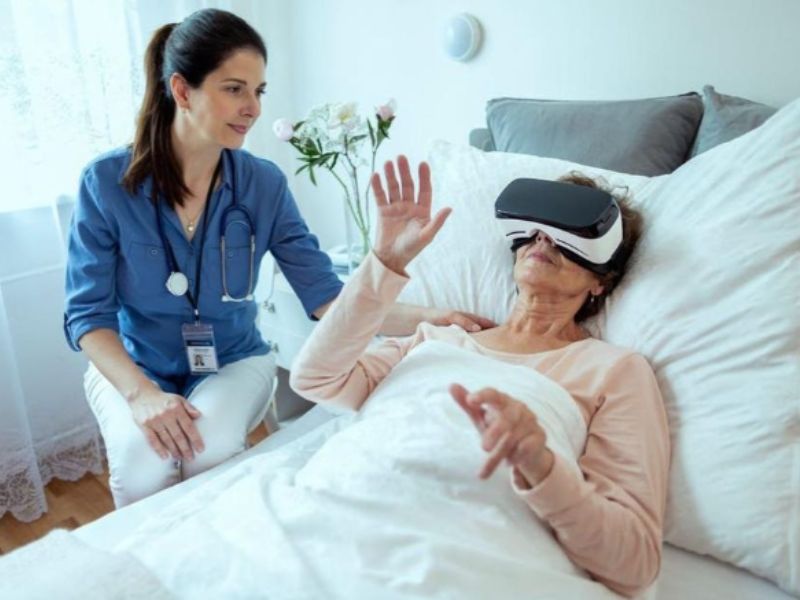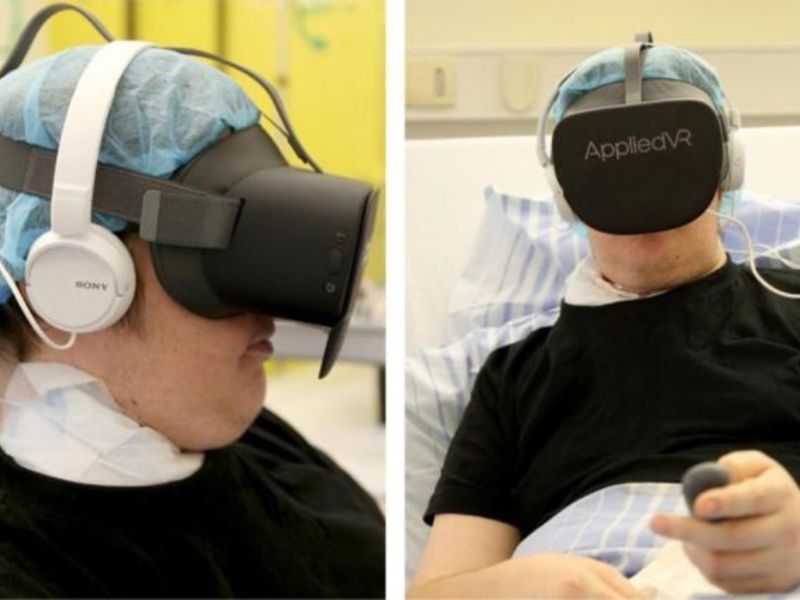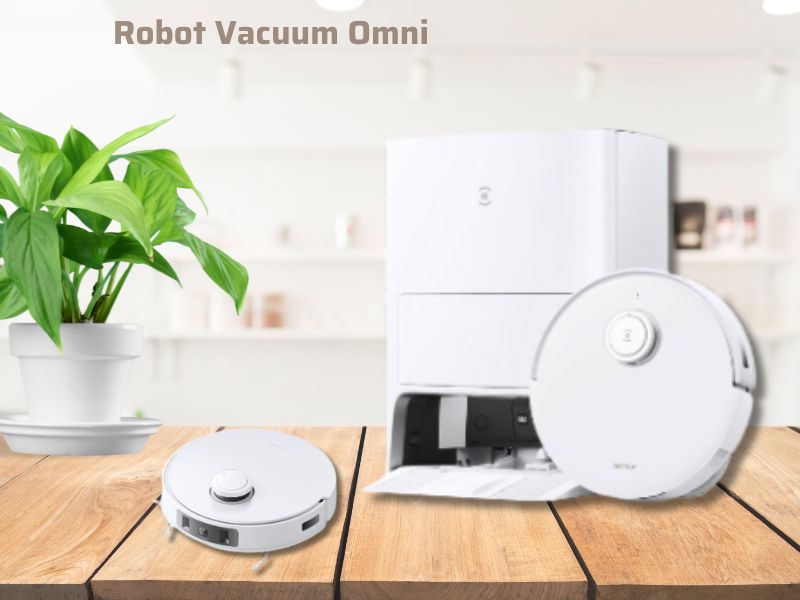In the final stages of cancer, when no treatment options are available, palliative care becomes the last resort that doctors can provide. This not only alleviates physical pain but also offers emotional support to patients in their last days.

A recent study at the University of Adelaide, Australia, raised the question of whether virtual reality (VR) could be effectively used to provide palliative care for end-stage cancer patients. This experiment utilized Meta Quest 2 VR glasses to create personalized experiences based on the end-of-life wishes of patients.
In the scope of the study, 16 end-stage cancer patients, aged from 48 to 87, participated in VR treatment sessions lasting about 20 minutes each. Applications such as Wander and YouTube VR were used to deliver 360-degree images, allowing patients to explore various locations and natural environments worldwide.
The results of the experiment showed that over 50% of patients reported positive feelings after each VR treatment session. These experiences not only helped reduce physical pain but also improved their mental well-being.
However,not everyone had a positive experience without encountering side effects. Some patients reported feelings of nausea and dizziness after using VR glasses. Professor Gregory Crawford, an expert in palliative medicine at the University of Adelaide, emphasized that using VR in palliative care requires professional support and further research to better understand the benefits and risks of this method.
Patient Experiences:

“It takes you from this world to a more beautiful world.”
That was the candid expression of one of the patients who participated in palliative care with virtual reality. Another patient said that VR helped them “unload burdens off their shoulders” both literally and figuratively. “When the therapy session ends, I still feel like I’m floating.”
“I really like it,” said another patient. “Well, I’d rather lie here and think about a fish swimming, a concert by Willy Nelson, than die.”
“If you’re also a terminal patient, in my situation, you’d want to accomplish a lot of unfinished things. You would wish you had done something, and you’d want a chance to do it. Even though you can’t, VR will make you feel like you’ve fulfilled that wish.”
Note: This article utilizes information, images from Theconversation, BMJ, Springer.





* Your email address will not be published.